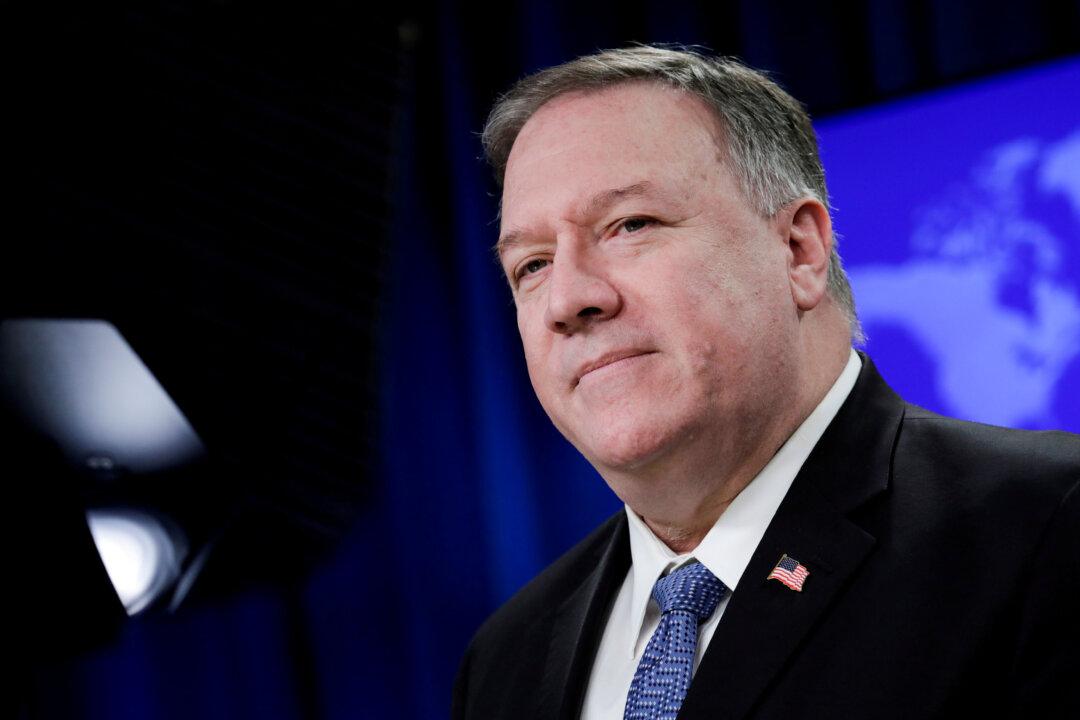Secretary of State Mike Pompeo raised “strong U.S. objections” to Beijing over the Chinese regime’s efforts to shift the blame for the coronavirus pandemic, days after a top Chinese official promoted a conspiracy theory about the virus’ origin.
In a March 16 phone call with China’s top foreign affairs official, Yang Jiechi, Pompeo stressed “this is not the time to spread disinformation and outlandish rumors, but rather a time for all nations to come together to fight this common threat,” a State Department statement said.





